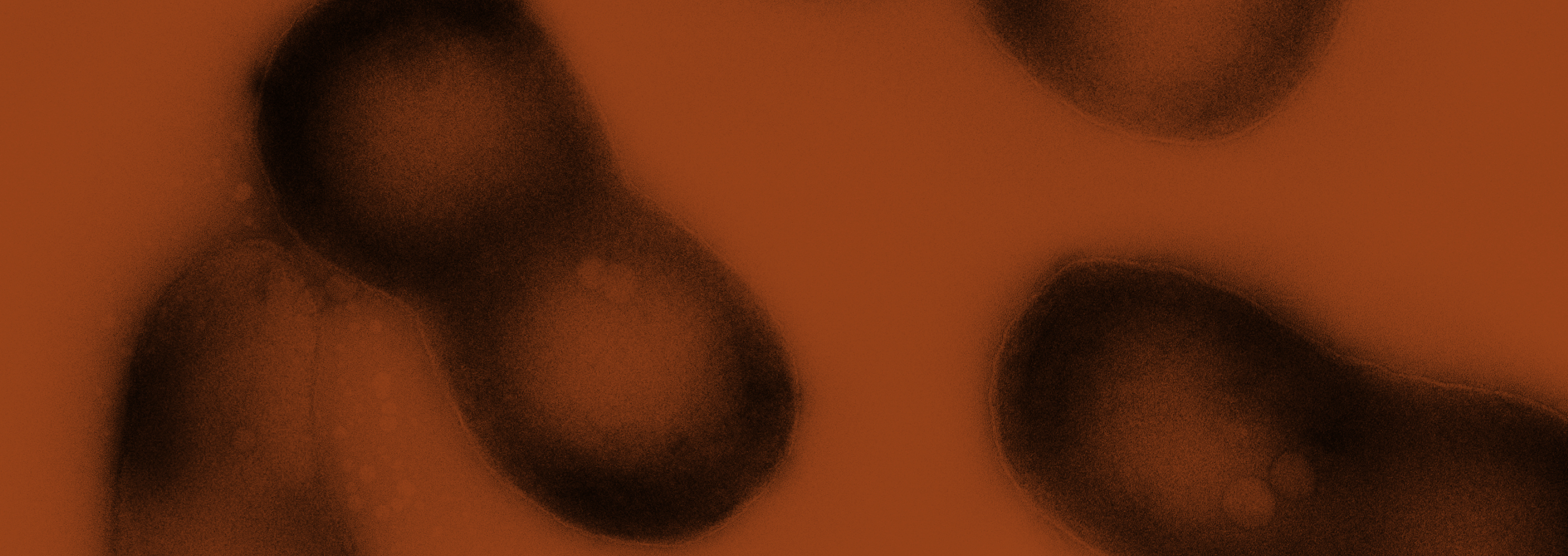Synthetic Genomics: Options for Governance

Synthetic genomics combines methods for the chemical synthesis of DNA with computational techniques to design it. These methods allow scientists and engineers to construct genetic material that would be impossible or impractical to produce using more conventional biotechnological approaches. For example, using synthetic genomics it is possible to design and assemble chromosomes, genes and gene pathways, and even whole genomes.
Scientists foresee many potential positive applications including new pharmaceuticals, biologically produced ("green") fuels, and the possibility of rapidly generating vaccines against emerging microbial diseases.
However, as with many technologies, there is the potential for misuse and accidents. Finding ways to mitigate possible nefarious uses and to prevent accidents in the laboratories of legitimate users so that positive uses are not undercut is an important concern of scientists, governments, and a large variety of stakeholders.
This report is the result of a 20-month examination of the safety and security concerns posed by this new technology. Including the authors, a core group of 18 individuals with a wide range of expertise undertook three tasks: assess the current state of the technology, identify potential risks and benefits to society, and formulate options for its governance. The report discusses options that would help to enhance biosecurity, foster laboratory safety, and protect the communities and environment outside of laboratories. Three sets of options apply respectively to commercial firms that supply DNA; the oversight or regulation of DNA synthesizers and reagent used in synthesis; and the legitimate users of the technologies, such as university researchers.
Report
Synthetic Genomics | Options for Governance (full report)
Commissioned Papers
Sanghvi Y. A Roadmap to the Assembly of Synthetic DNA from Raw Materials.
Baric RS. Synthetic Viral Genomics: Risks and Benefits for Science and Society.
Collett MS. Impact of Synthetic Genomics on the Threat of Bioterrorism with Viral Agents.
Fleming DO. Risk Assessment of Synthetic Genomics: A Biosafety and Biosecurity Perspective.
Funding
This project was funded through a grand from the Alfred P. Sloan Foundation.